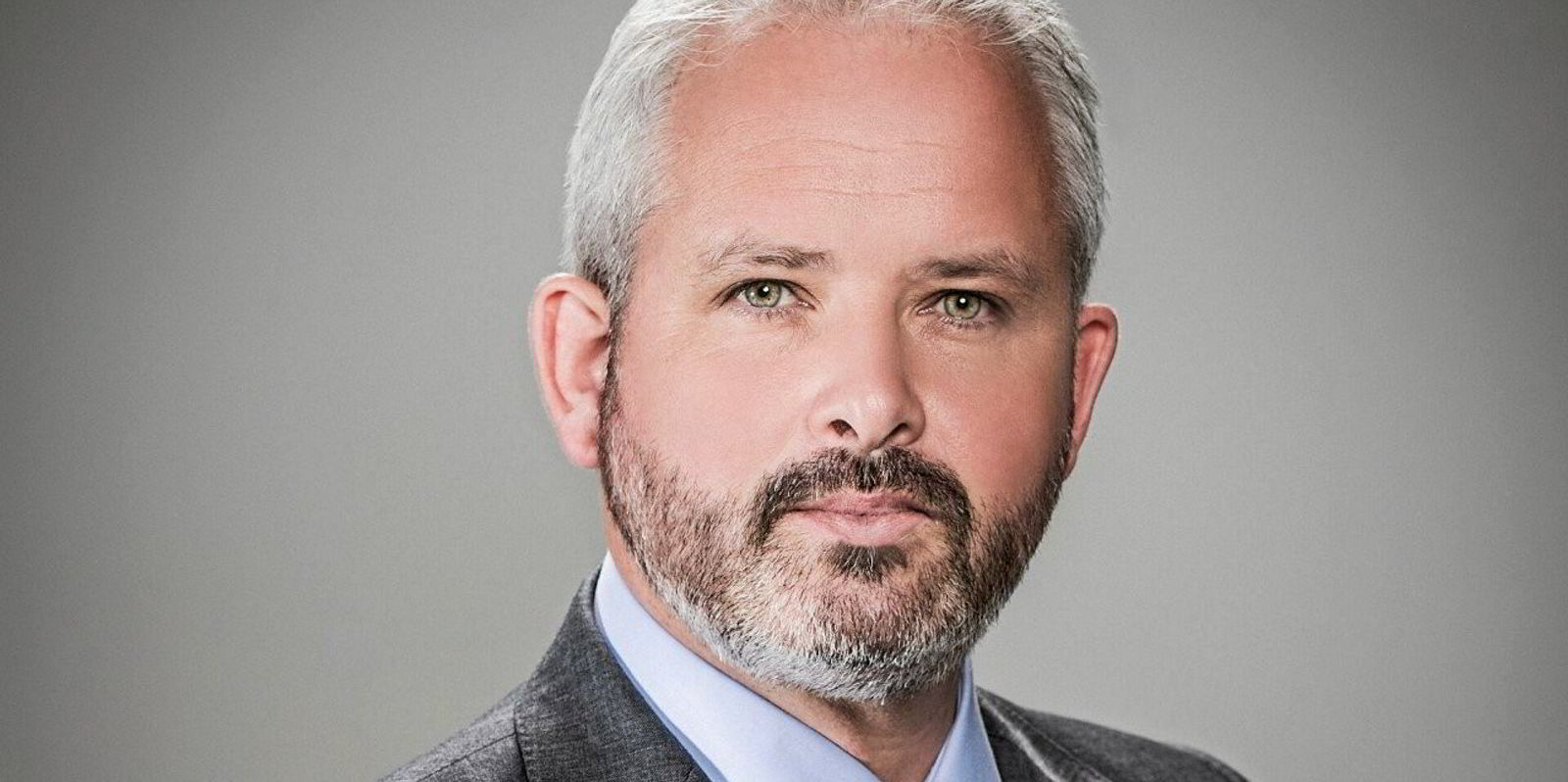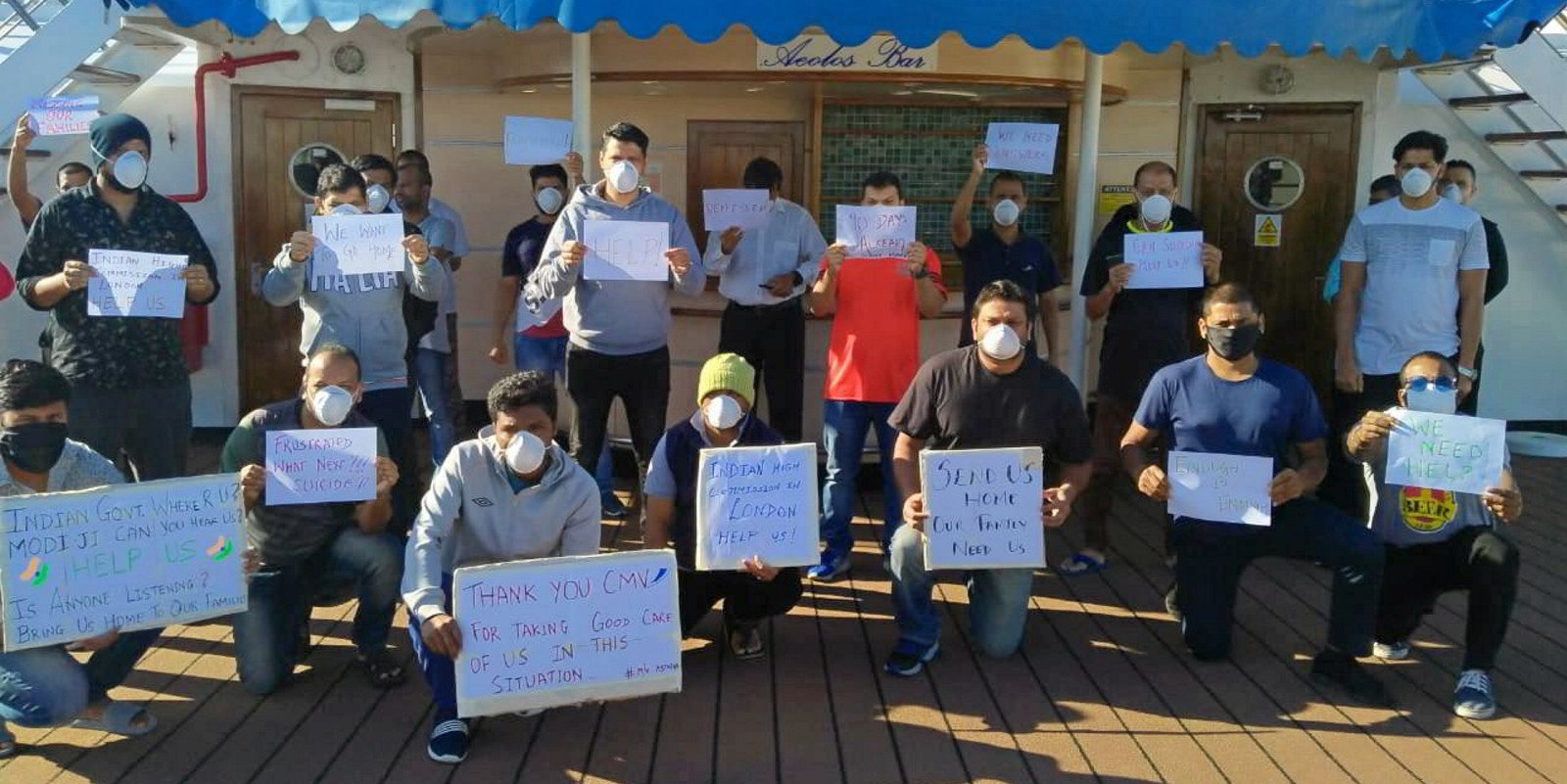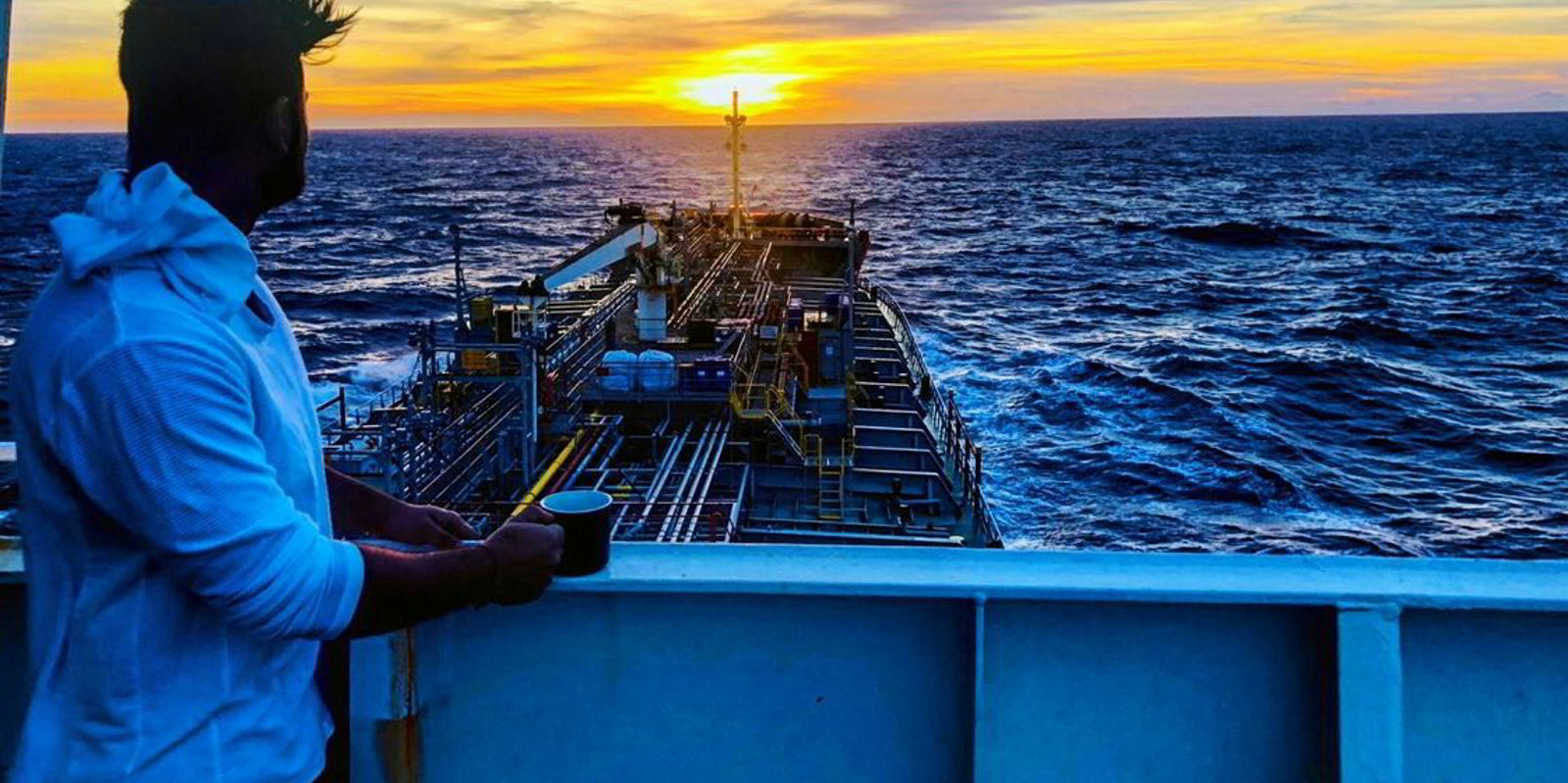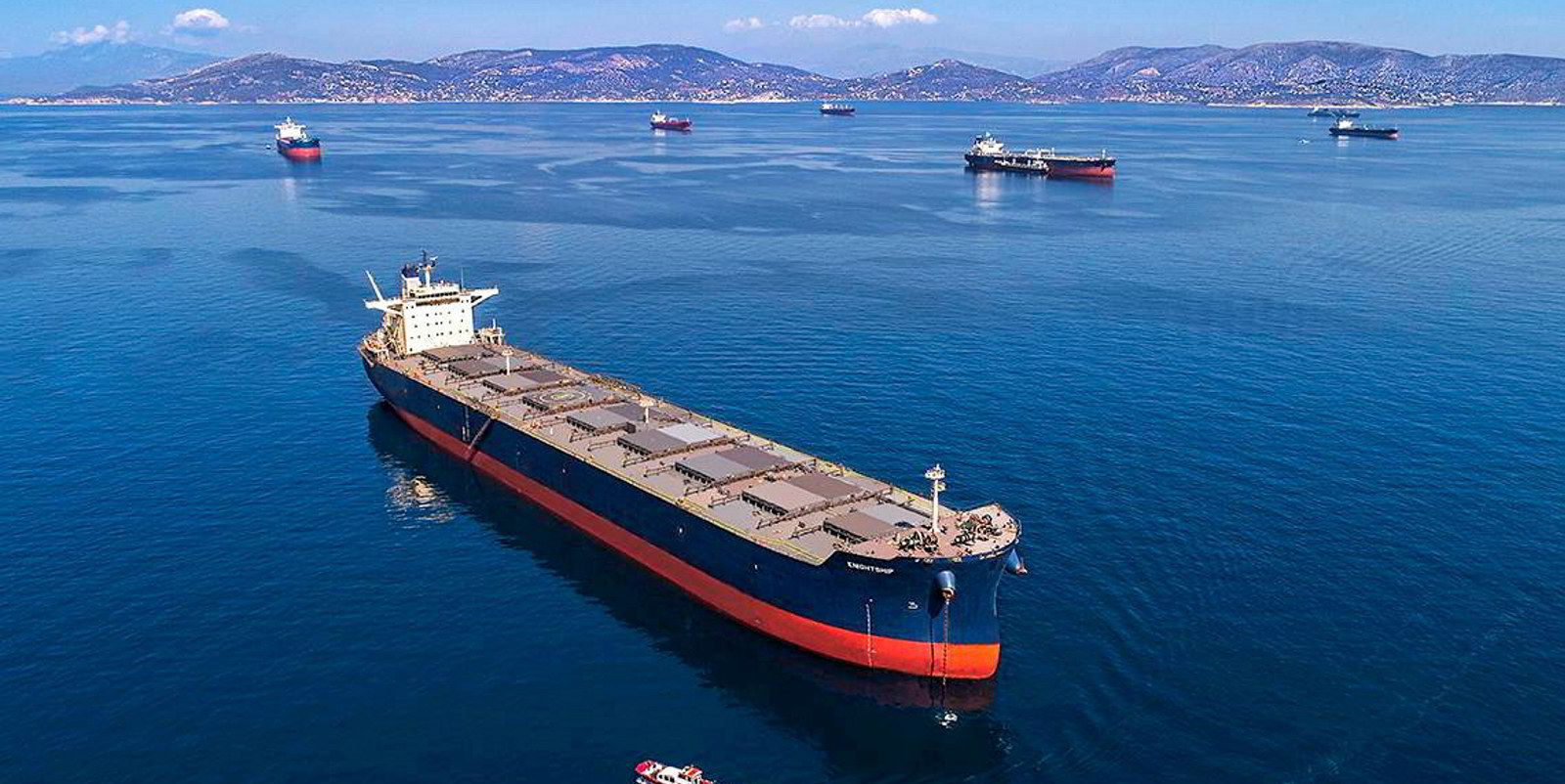As the world marks Human Rights Day on Thursday, shipping bodies have warned regulators not to forget the plight of seafarers hit by Covid-19 restrictions.
Hundreds of thousands of crew members have been stranded on board their ships, unable to return home, while others were banned from joining vessels.
UK charity Human Rights at Sea (HRAS) was formed in 2014, when Somali piracy was on the decline and cases of seafarer abandonment were under-reported.
Now these issues are right back at the forefront of crew concerns.
"The Covid-19 global pandemic hit the world and exposed glaring gaps in human rights protection and systemic and entrenched inequalities," HRAS said.
'Stress-testing' of MLC
This has seen "extensive stress-testing" of the Maritime Labour Convention (MLC) 2006, the so-called "seafarers' charter", in a way most probably not envisaged at the time of its initial drafting, the charity added.
The enormity of the problem has been characterised by United Nations secretary general Antonio Guterres as "a humanitarian and safety crisis".
He has called on all governments to assign seafarers key worker status during the pandemic.
This was also one of the key messages from the International Labour Organization (ILO) this week.
The body took the unusual step of adopting a resolution to address the dire situation.
ILO said it noted with deep concern that some crew members had served more than 17 months without leave.
The organisation is urging all members to work together on actions to identify obstacles to crew changes, and establish and implement measurable, plans to ensure safe swaps and travel.
The ILO also wants states to consider the acceptance of internationally recognised documentation carried by seafarers, including seafarers' identity documents delivered in conformity with ILO conventions.
Medical access vital
In addition, the labour body is calling for sick seafarers to be given access to medical facilities ashore, regardless of nationality.
HRAS chief executive David Hammond added: "Concern about human rights is mixed with debate about the potential economic and social impact of seafarers stranded on ships. What impact might sick or fatigued seafarers have on public health, on the safety of ships at sea and on global trade?"
HRAS added that the situation is yet to be satisfactorily resolved, but the importance of the industry recognising that the concept of human rights at sea is distinct and important beyond the context of labour negotiations and business risk cannot be overstated.
"It paves the way for better and further addressing the other human rights abuses that continue in the maritime environment such as piracy, slavery, abandonment, discrimination and bullying," the charity said.






